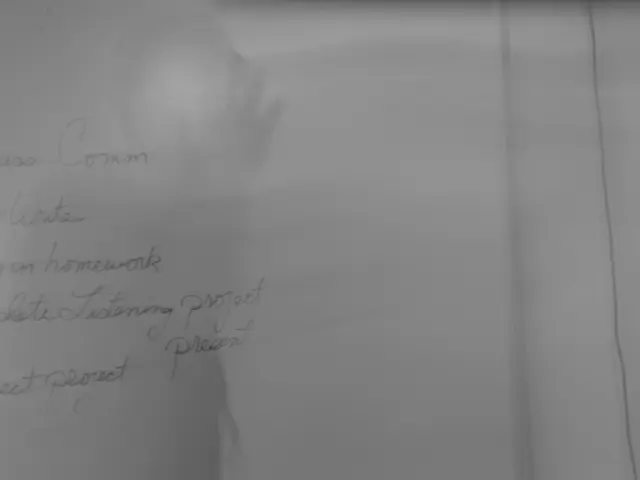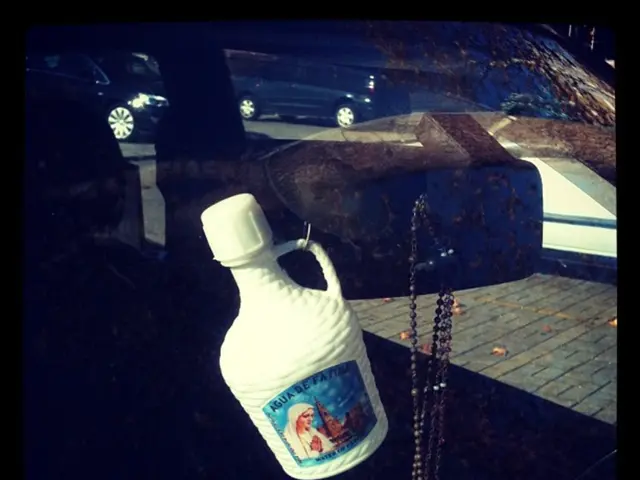Winemaker feels relief due to prospective aerial vaccination method using helicopter. - Wine producers experience relief over potential helicopter pesticide use
Winemakers along the Mosel River breathe a sigh of relief as helicopter spraying for the control of vine disease is set to continue. The Administrative Court of Koblenz denied an emergency application by the German Environmental Aid (DUH) against the use of airborne plant protection products in steep slopes of the region.
In a statement from the Farmers' and Winemakers' Association Rhineland-Nassau, the decision comes as a relief, "The continued cultivation of the steep terraced vineyards along the Mosel would have been almost impossible without the indispensable aerial combat against fungal diseases in viticulture."
The court's decision, announced on Monday, is based on the lack of alternative methods for applying fungicides in steep and very steep slopes, and the absence of convincing scientific evidence showing harmful effects on the Mosel-Apollofalter, a rare local butterfly species. However, the DUH has expressed concerns over the decline of the species and will consider lodging an appeal.
Legal proceedings in recent weeks have caused unrest among winemakers, who fear that a ban on helicopter spraying could jeopardize wine-growing, particularly in steep terraces. The court decision, initially granting permission for helicopter spraying during the 2025 season, has provided reassurance to the affected winemakers.
The Mosel-Apollofalter, a subspecies or ecotype of the apollo butterfly, is considered extremely rare and unique to the Mosel region. It is strictly protected under both European and international law, including the EU Habitats Directive and the Washington Convention on International Trade in Endangered Species (CITES).
The delicate balance between agriculture and conservation will continue to be a focus in the lower Mosel Valley. Stakeholders, including winemakers, conservationists, and environmental organizations, will need to work together to ensure the survival of the Mosel-Apollofalter while maintaining the economic viability of viticulture in the region.
- In light of the decision, the Farmers' and Winemakers' Association Rhineland-Nassau is pursuing community aid for the development of the agricultural sector, particularly in the context of rural development and rural development along the Mosel River, focusing on innovative solutions for the agricultural industry.
- The scientists and researchers in the field of environmental-science and climate-change are encouraged to conduct extensive studies to assess the potential impact of helicopter-spraying fungicides on the Mosel-Apollofalter and to propose alternative methods for the control of vine diseases in steep slopes, ensuring a harmonious balance between agriculture, industry, and the environment.
- Given the financial implications of a potential ban on helicopter spraying, winemakers along the Mosel River should explore various funding options to support long-term sustainability and resilience in the face of challenges such as vine diseases and climate-change, collaborating with financial institutions and government agencies.




